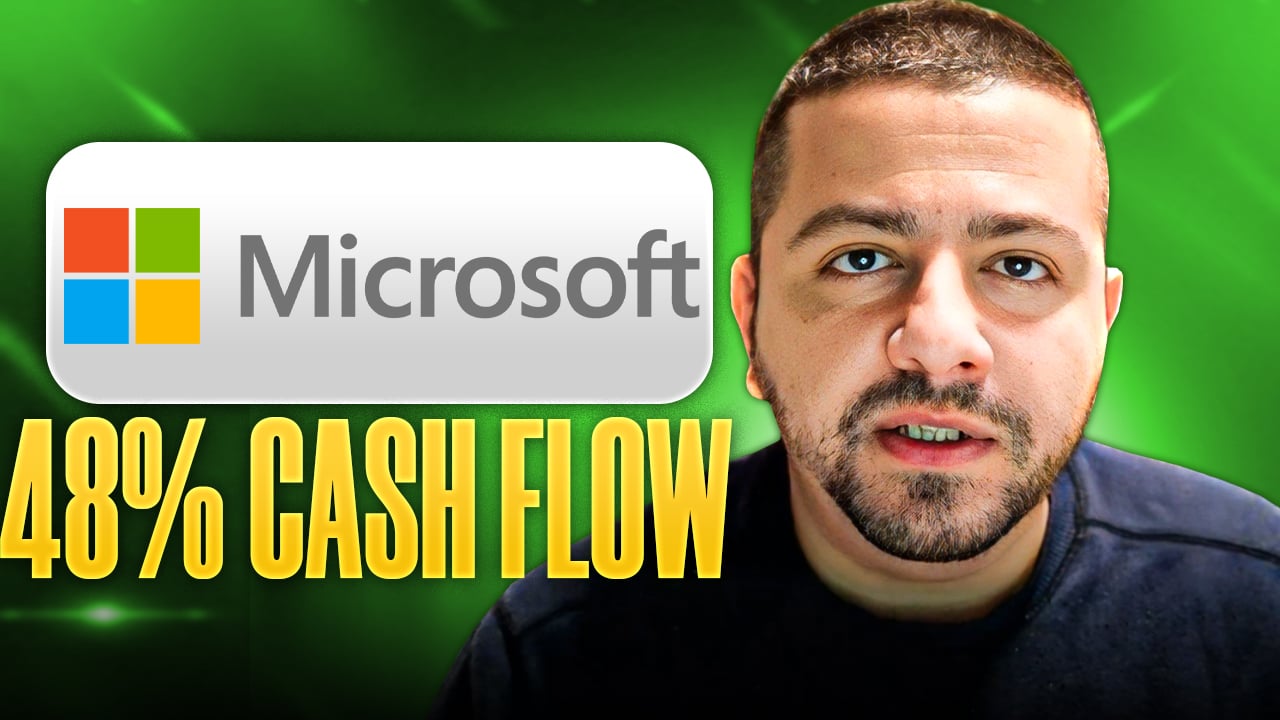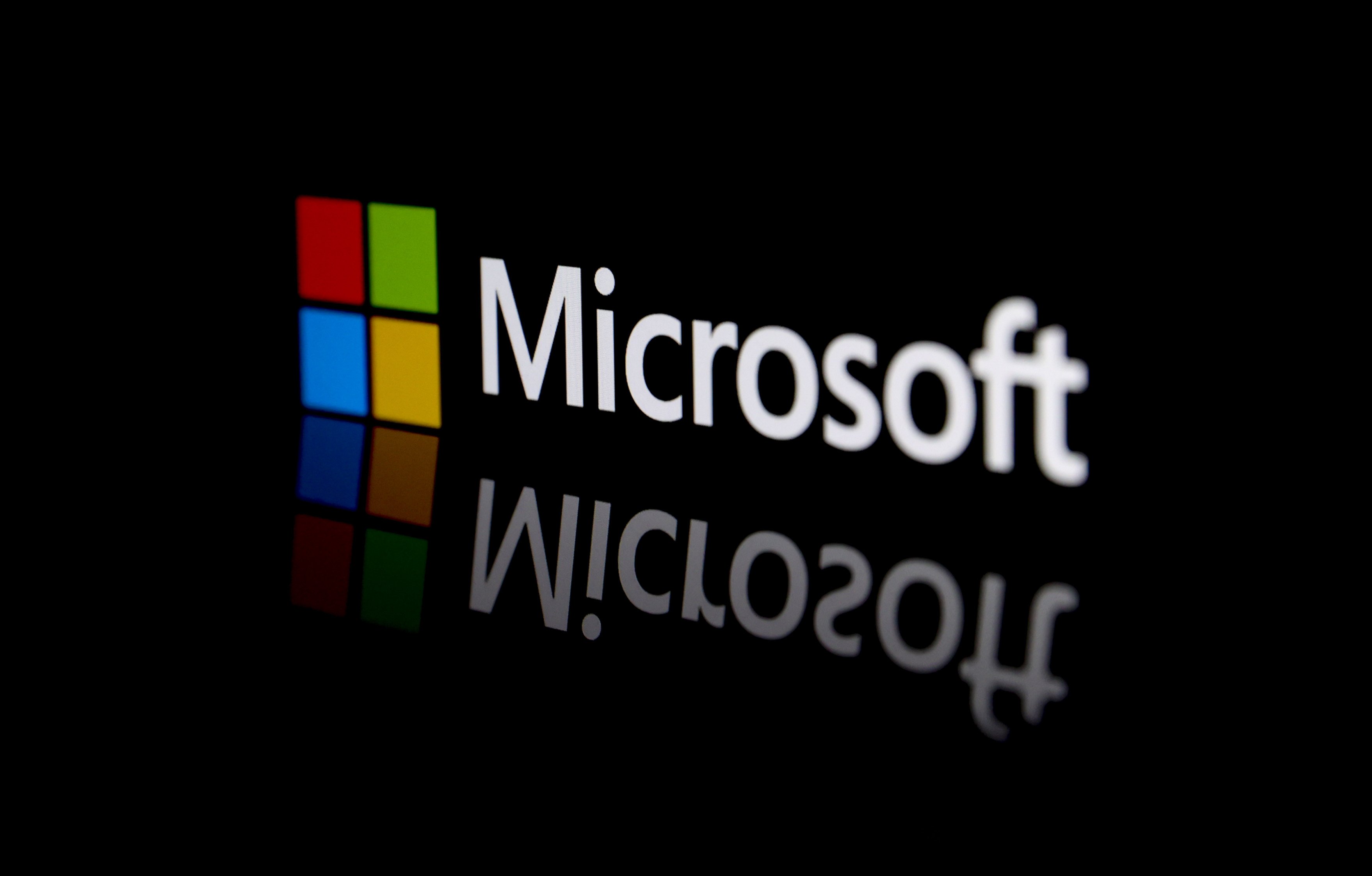Microsoft's (MSFT 0.78%) Surface Pro tablet, due for release in early 2013, is poised to represent the first real example of a tablet-laptop hybrid. Where tablets have been largely consumptive devices, the Surface Pro is designed to be a fully productive device that can replace both your laptop and your tablet. Living up to this claim will be a critical element of the success of the new offering from Microsoft, because the device will carry a hefty starting price of $900. Ultimately, the Surface Pro should be a game-changer -- not just for Microsoft, but also for the way we all approach mobile computing.
What's at stake?
In a recent report on the tablet industry, IDC projects that tablet sales will reach 122.3 million units in 2012, passing through 172.4 million in 2013 on their way to an expected 282.7 million units in 2016. If you were wondering whether tablets were a passing fad, the numbers would suggest otherwise. If these figures prove accurate, it means the tablet market will grow by an impressive 41% over the next year and never look back. These are important sales for Apple (AAPL 1.50%), Google (GOOG 0.34%), Microsoft, and other tablet makers to capture.
In the same report, IDC projects that by 2016, global market share will be divided 49.7% for Apple's iOS, 39.7% for Google's Android, and 10.3% for Microsoft's Windows. Without getting behind the numbers, it is difficult to really understand the assumptions on which these projections are made, but if Microsoft is to have a chance to outpace these estimates, it will be by disrupting the market and changing the way tablets and notebooks are perceived. The feel of how quickly Windows and its growing ecosystem are being dismissed is reminiscent of the early days of Android. It seemed inconceivable that anyone could give the mighty iPhone and corresponding iOS a run for its money.
As of a recent report from IDC on smartphone OS market share, Android commands 68.1% of the global smartphone market, followed by iOS at 16.9%; Windows and Nokia's legacy Symbian OS stood at a combined 7.9%. Android's ability to be adapted for smartphones at all price points has been central to its ability to disrupt Apple's dominance. Travis McCourt of Raymond James explains that "there are parts of the world where a smartphone is simply a touchscreen with an effective Web browser, and in those parts of the world, Android is dominating."
It's time to get productive
The bulk of activities that are performed on Apple and Android-based tablets are consumptive: Users surf the Web, watch videos, read books, and listen to music. For most of us, when it's time to do some work and produce a paper, report, or presentation, we fire up our PC and buckle down. At the edge of this example is that to create an app for your smartphone or tablet, you must use a device other than your smartphone or tablet. PCs may be becoming less critical from a sales perspective, but they are still the primary source of production in computing.
Hybridization
Where the Surface has begun to push the tablet into the realm of notebook-tablet hybrid, the Surface Pro has the potential to bring the leap to full fruition. The already released Surface relies on an ARM Holdings (ARMH +0.00%) chip similar to the ones running the iPad, but the Surface Pro will include an Intel (INTC 0.79%) Ivy Bridge Core i5 processor; as Jennifer Bergen at Digital Trends puts it, "Surface Pro tablets are made from the same DNA as today's laptops and Ultrabooks." The device is a full-blown laptop masquerading as a tablet with the goal of redefining the entire personal computing space.
This leap forward that the Surface Pro represents is further illustrated in its ability to operate Microsoft software: "Surface RT tablets come with a mobile version of Microsoft's Office suite, which gives users the basic (but not all) functionality of the desktop version. Surface Pro tablets don't come with Office preinstalled, but they have the brawn to run the full program and not just the basic version." The only critical difference between a Surface Pro and a notebook will be the form factor.
While there will certainly be critics of the new device when it's released, the Surface Pro has more potential to move computing forward than any other device in recent memory. Anyone who thinks that is a very bold statement -- aside from being right -- should appreciate this caveat: It's too soon to determine whether the Surface Pro will be cutting edge or bloody edge. This is the distinction between the products that pave the way while becoming dull as they press into the wilderness and those that slice forward into consumer-electronics dominance; the Nexus One was bloody edge, where the iPhone was cutting edge.
Given the enormous potential of the new devices, I am a buyer of Microsoft ahead of the release date. The company is doing too many interesting things to be overlooked, and I'm a believer when it comes to the Surface Pro. It's too soon to measure the iPad for a casket, but it will be interesting to see how Apple reacts if the Surface Pro gains traction.






